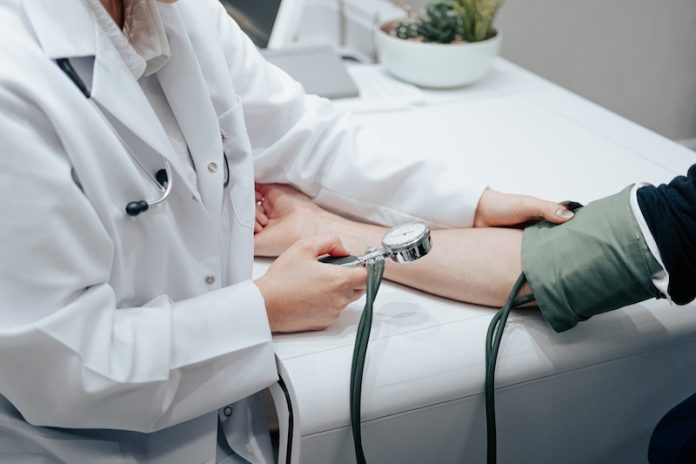
As we get older, the way our blood pressure behaves during and after exercise can hint at future heart problems.
Researchers have now found that if your blood pressure rises too much during physical activity or takes a long time to go back to normal afterward, you might have a higher risk of developing high blood pressure, heart disease, or even dying as you reach middle to old age.
This insight can be especially helpful for younger adults to predict any future risks.
Background and Study Details
Not many past studies have looked at how midlife blood pressure responses during less strenuous exercise can predict heart-related outcomes or death in the future.
To fill this gap, a research team turned to the participants of the Framingham Heart Study.
The researchers focused on people around 58 years old, with a slightly higher number of women at 53%.
They wanted to see if there was any link between how blood pressure changed during exercise and the chances of these people getting high blood pressure, heart diseases, or dying.
What They Found
The results were clear. If the blood pressure (both when the heart beats and when it rests between beats) increased too much during exercise, there was a higher risk of that person developing high blood pressure later on.
And if it took too long for the blood pressure to return to normal after exercising, it hinted at a higher risk of getting heart disease and a higher risk of death.
What Does This Mean for Us?
Vanessa Xanthakis, a key researcher involved in the study and a professor at the Boston University School of Medicine, believes that these findings can help doctors spot people who might be at risk of future heart problems or death.
She advises everyone to be aware of their blood pressure numbers. If you notice odd changes during or after exercise, it’s worth discussing with your doctor.
And of course, sticking to a healthy lifestyle, with regular exercise, is a great way to reduce any risks.
For those who’d like a deeper dive, this study has been shared online in the Journal of the American Heart Association.
The Framingham Heart Study had support from notable institutions like the National Heart, Lung, and Blood Institute and the NIH.
If you care about blood pressure, please read studies about how diets could help lower high blood pressure, and 3 grams of omega-3s a day keep high blood pressure at bay.
For more information about nutrition, please see recent studies that beetroot juice could help reduce blood pressure, and results showing cinnamon could help lower high blood pressure.
Follow us on Twitter for more articles about this topic.
Copyright © 2023 Knowridge Science Report. All rights reserved.



